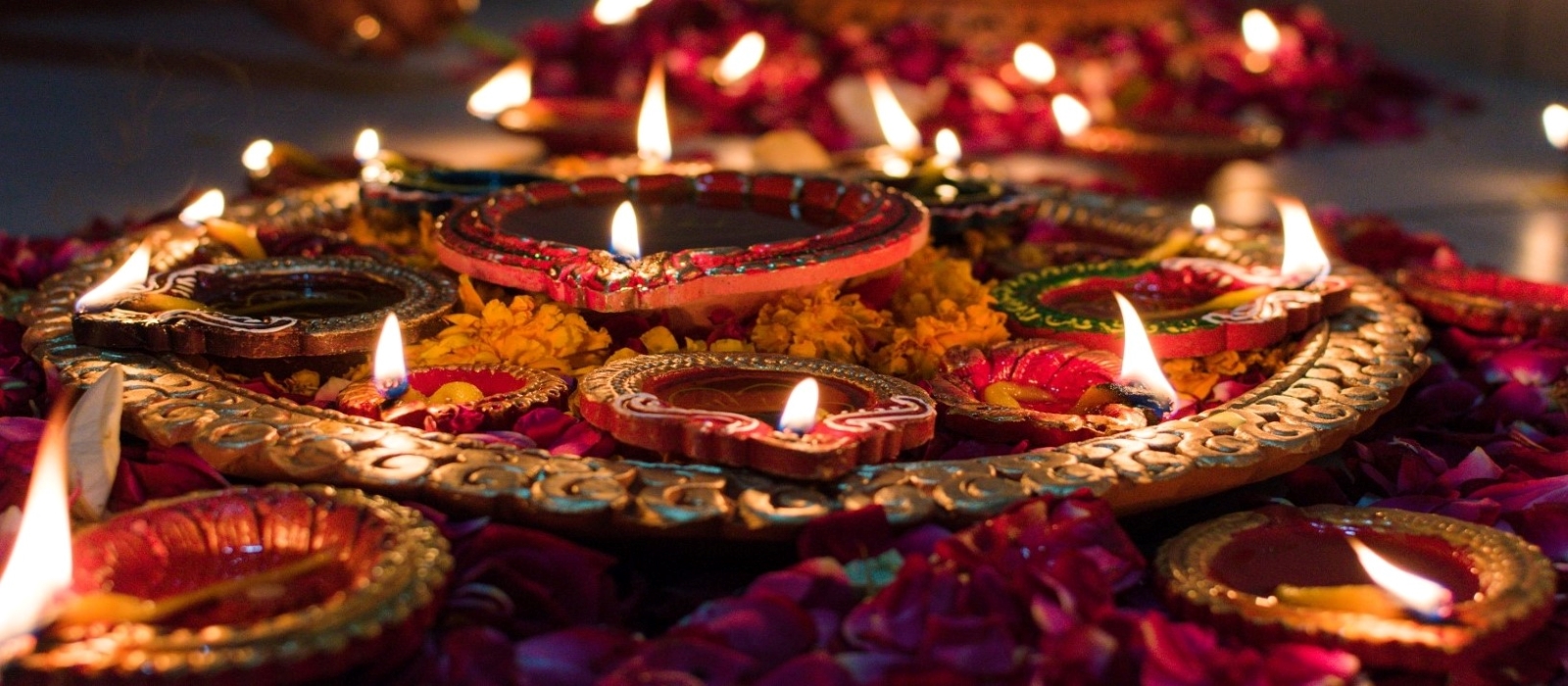Study a Variety of Religious Traditions
The academic study of Religion invites you to learn about major world religions — Judaism, Christianity, Islam, Hinduism, Buddhism, Chinese Religions, and Indigenous Religions – as well as to think about the confluence of religion with culture, politics, society, and the very question of what it means to be human. As far back as our written records go, humans have engaged in religious thought in addressing perennial human concerns, such as individual and collective identities and ethical and political foundations of societies. In fact, it is impossible to study anything in the humanities or the social sciences without bumping into religious ideas and behaviours.
Become a more Informed Person
Studying religions can give you a deeper comprehension of yourself and your most basic behaviours and values, and allow you to understand those of others, fostering the mutual respect that allows our diverse democratic society to exist. It can help you become a more complete citizen by inviting you to think deeply about what it means to live religiously, in the past and the present. Beyond the value of the content itself, by learning to reflect on and analyse what others have written on these subjects, our students become strong critical thinkers and writers, skills that are foundational for any career path.
What You Will Study

Mosaic in Hagia Sophia, Istanbul
The program in Religion begins with survey and comparative courses on the major world religions, including Judaism, Christianity, Islam, Hinduism, Buddhism, Sikhism, and Indigenous Religions. Upper level courses focus on a single religious tradition, or on specialized topics that span religious traditions, such as ‘Religion and Violence’ or ‘Love and its Myths’.
Classes range from large lecture courses to small seminars, especially in the fourth year. In all courses, the mix of students from around the world and across the university invariably becomes part of the learning experience.
The program in Religion begins with survey and comparative courses on the major world religions, including Judaism, Christianity, Islam, Hinduism, Buddhism, Chinese, and Indigenous Religions. Upper level courses focus on a single religious tradition, or on specialized topics that span religious traditions, such as ‘Religion and Violence,’ ‘Religion and Public Life,’ or ‘Religion and the Body.’
Classes range from large lecture courses in the first and second years to small seminars, especially in the fourth year. In all courses, the mix of students from around the world and across the university invariably becomes part of the learning experience
